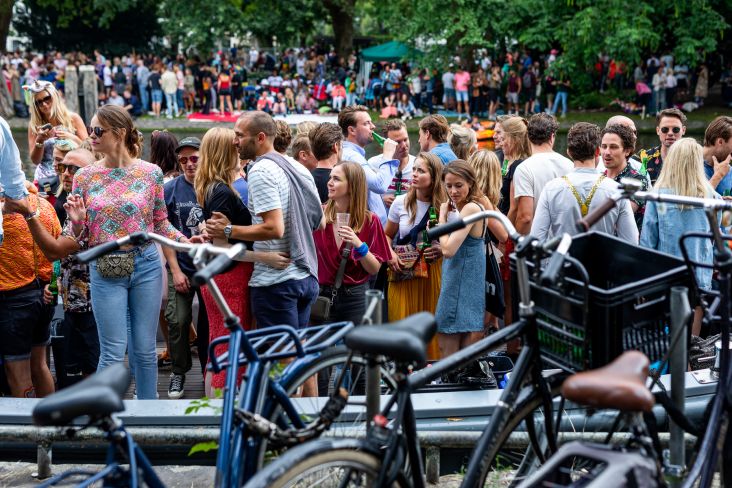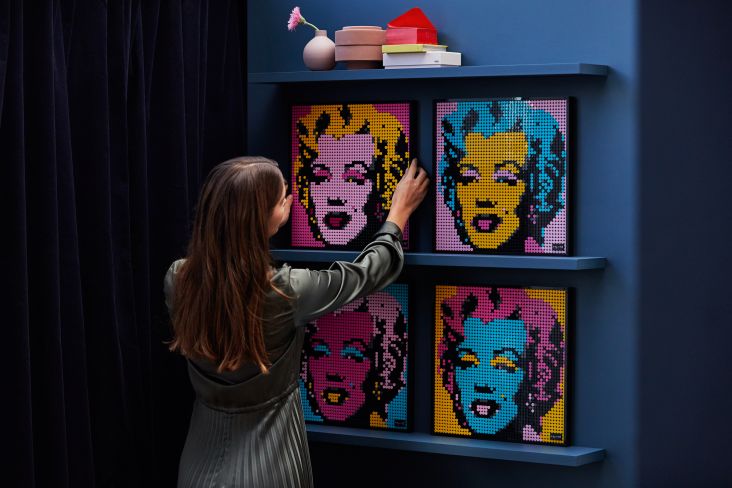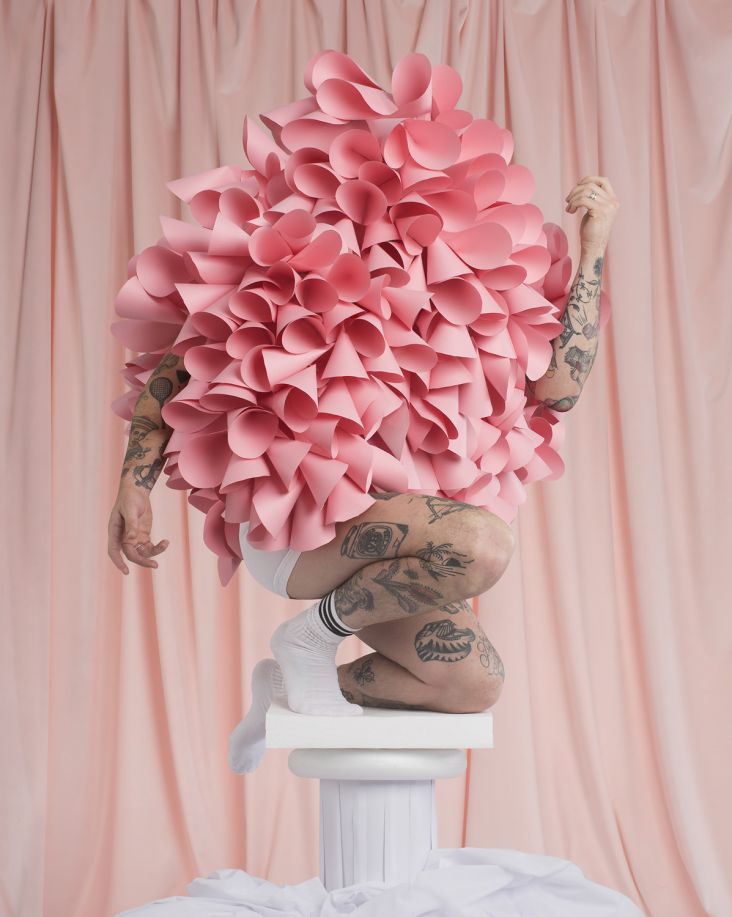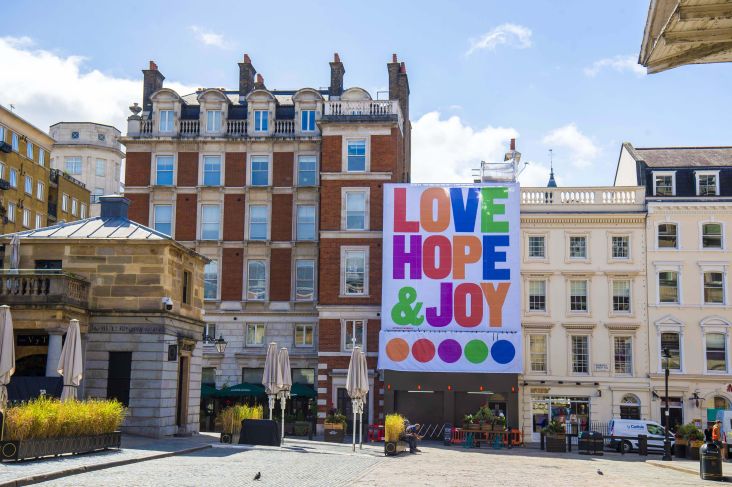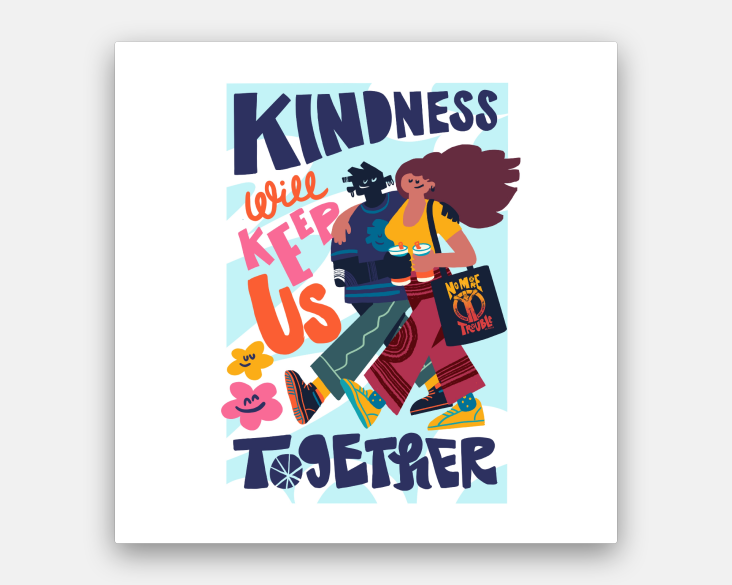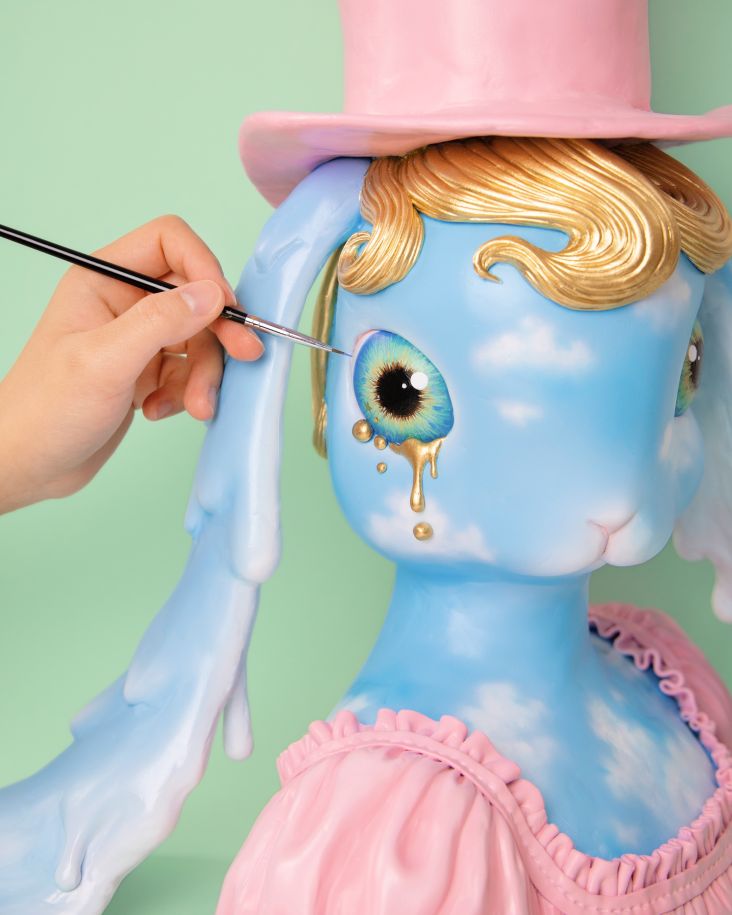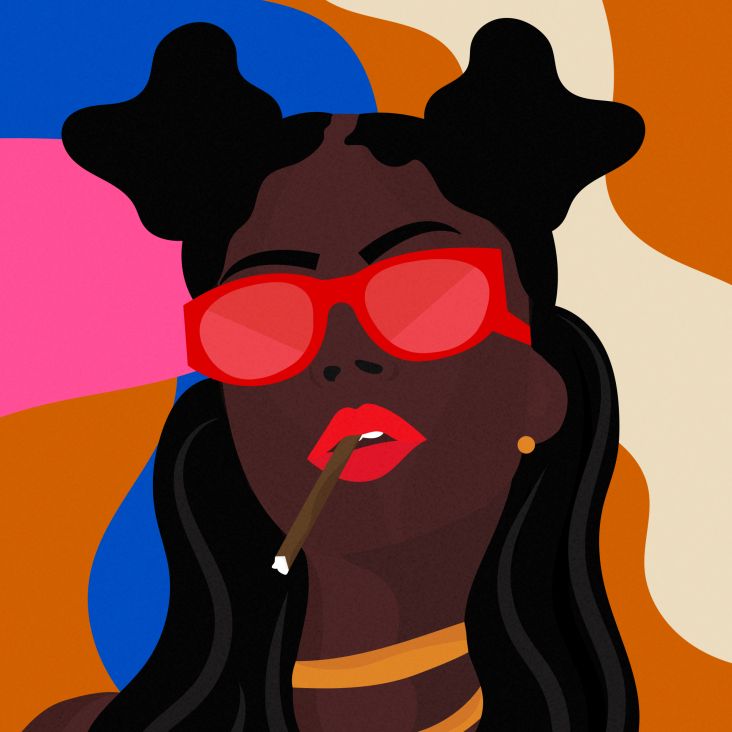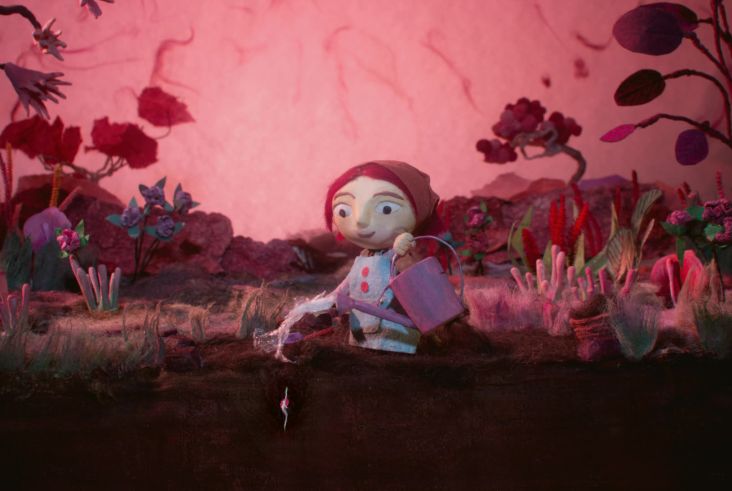Photographs by Seana Gavin that take a trip back to the '90s underground rave scene
In her new book, Spiralled, visual artist Seana Gavin is taking us on a trip back to the nineties when she was an underage devotee of the underground rave scene.
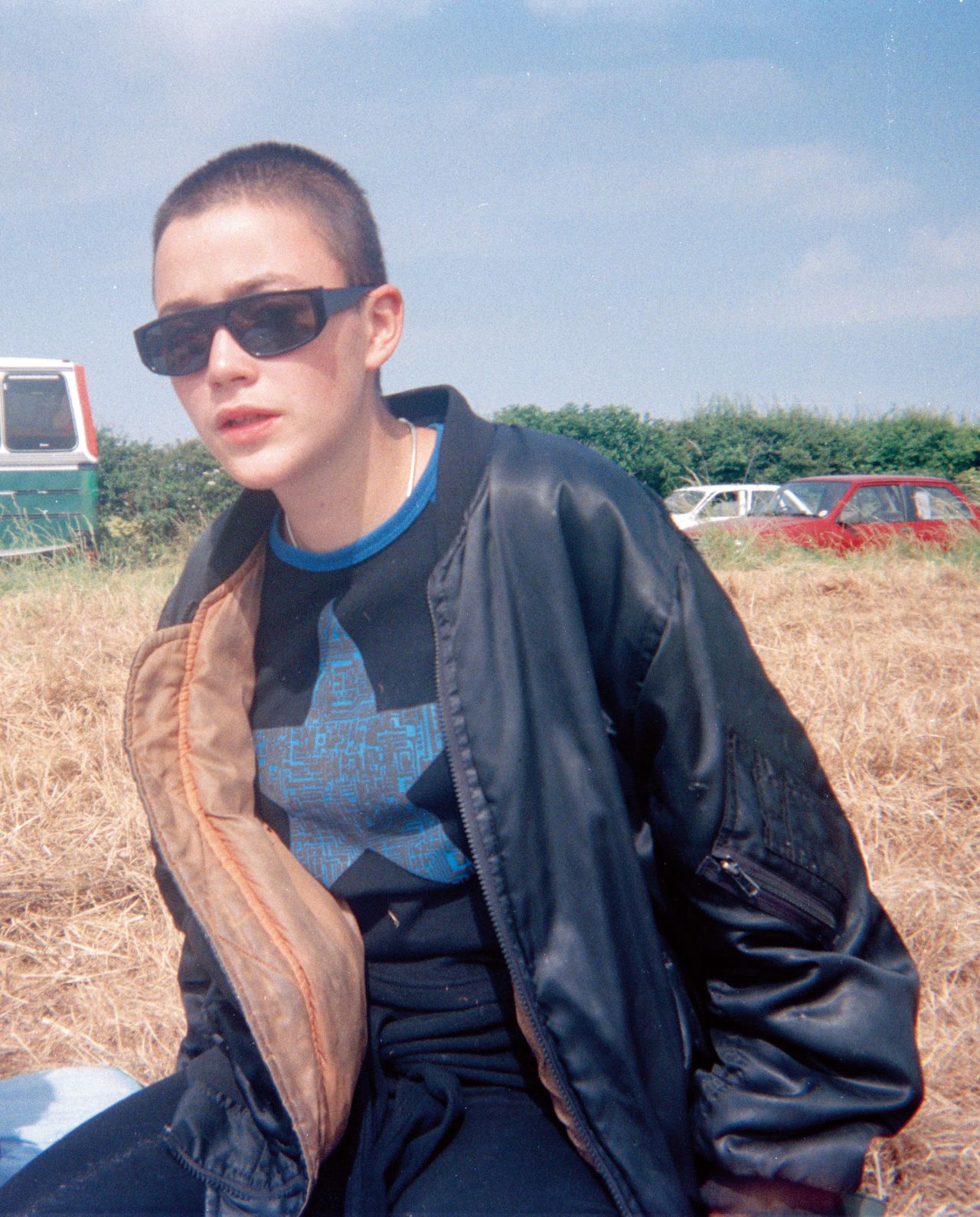
Spiral Baby, Mother festival, Lincoln 1995 © Seana Gavin
Her images reveal a life of travelling and parties, just as the UK government introduced the Criminal Justice and Public Order Act that clamped down on illegal raves and other forms of "anti-social" behaviour. It was around that time that sound systems like the famous Spiral Tribe quit Britain for Europe, and Seana went with them. She lived this travelling life, kept a diary, took the pictures and then, for near on two decades, kept it under wraps. Until now.
Spiralled is a personal visual history of the "fuck-the-system" movement of truck and caravan convoys that crisscrossed Europe staging free festivals, raves and largely peaceful parties in open fields and disused industrial buildings. Featuring her photographs and thoughts, the book also includes an ephemeral archive of posters and flyers.
"Spiral Tribe was one of the last sound systems still playing music when the authorities arrived at Castlemorton free festival in 1992, so they became scapegoats," says Seana of those days. "They were arrested and charged with public order offences. There was a long drawn out court case, in the end, they were found not guilty and let off. But they were so fed up with the persecution that they left for Europe in 1993."
In the decade leading up to Castlemorton, when up to 40,000 people attended, the Conservative Party was already pursuing an "anti-free and unlicensed gathering agenda", and there were a lot of protests when Seana entered the scene. "The Bill wanted to clamp down on any unlicensed events and could affect our right to protest. During that time the UK parties became harder to put on. The police would shut them down, made unprovoked arrests, beat people up and confiscated equipment. That's when the Criminal Justice Bill and Public Order Act 1994 finally came in, unfortunately. But the raves continued – it didn’t stop people."
Which is why so many other sound systems headed for Europe in 1995, joining Spiral Tribe. "As the scene was new out there, and there was more space, you could get away with more. Teknivals and parties happened in abandoned factories, airfields and isolated fields. They could go on for days. The energy was exciting and fresh," Seana adds.
"I was lucky to have been part of a scene which gave me feelings of pure freedom and a true sense of community, which I have never experienced again. Nothing tied us down. We travelled light. We were free to roam between borders. We lived with minimal funds and shared what we had."
Her images certainly document a great but largely lost freedom. Freedom from smartphones, social media and Zoom calls. And, of course, freedom of movement. She adds: "Spiralled is a document that celebrates all of this while taking you on the winding journey through a decade of my life."
Does Seana think there are parallels with what's happening today? "Yes, the younger generations have again become more politically engaged like they were in the '90s. With Brexit around the corner and a general distrust and alienation towards our Tory government. Especially after the pandemic, people are also seeking alternative ways of living and questioning the values of the world and how it functions.
"Gentrification leading to venue and club closures around the country are also a contributing factor for people to look to rave culture as a way of taking back control of their freedom to party. Illegal raves also seem to be popping up a lot during the lockdown. People fed up and bored, and with a lack of any parties or celebrations allowed, it is no surprise. I understand why it's happening, but I only approve of the socially distanced ones."
Spiralled by Seana Gavin is published by IDEA and is available in a limited edition of 750 copies. Grab yourself the book to experience and learn from travel, meeting people, and dancing.
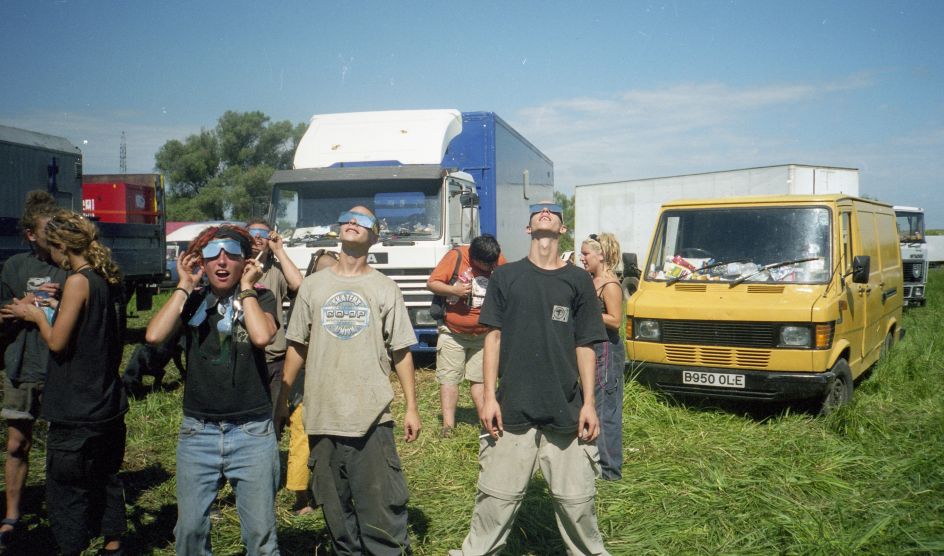
Build up to the eclipse, Solar Eclipse free party, Hungary 1999 © Seana Gavin
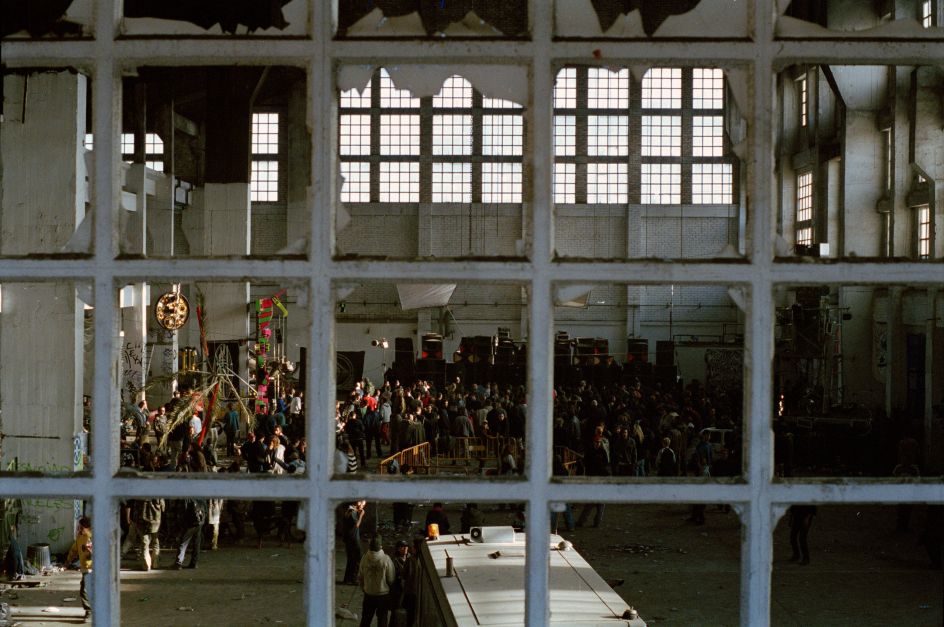
2000/2001 New Year’s party, Badalona, Spain © Seana Gavin
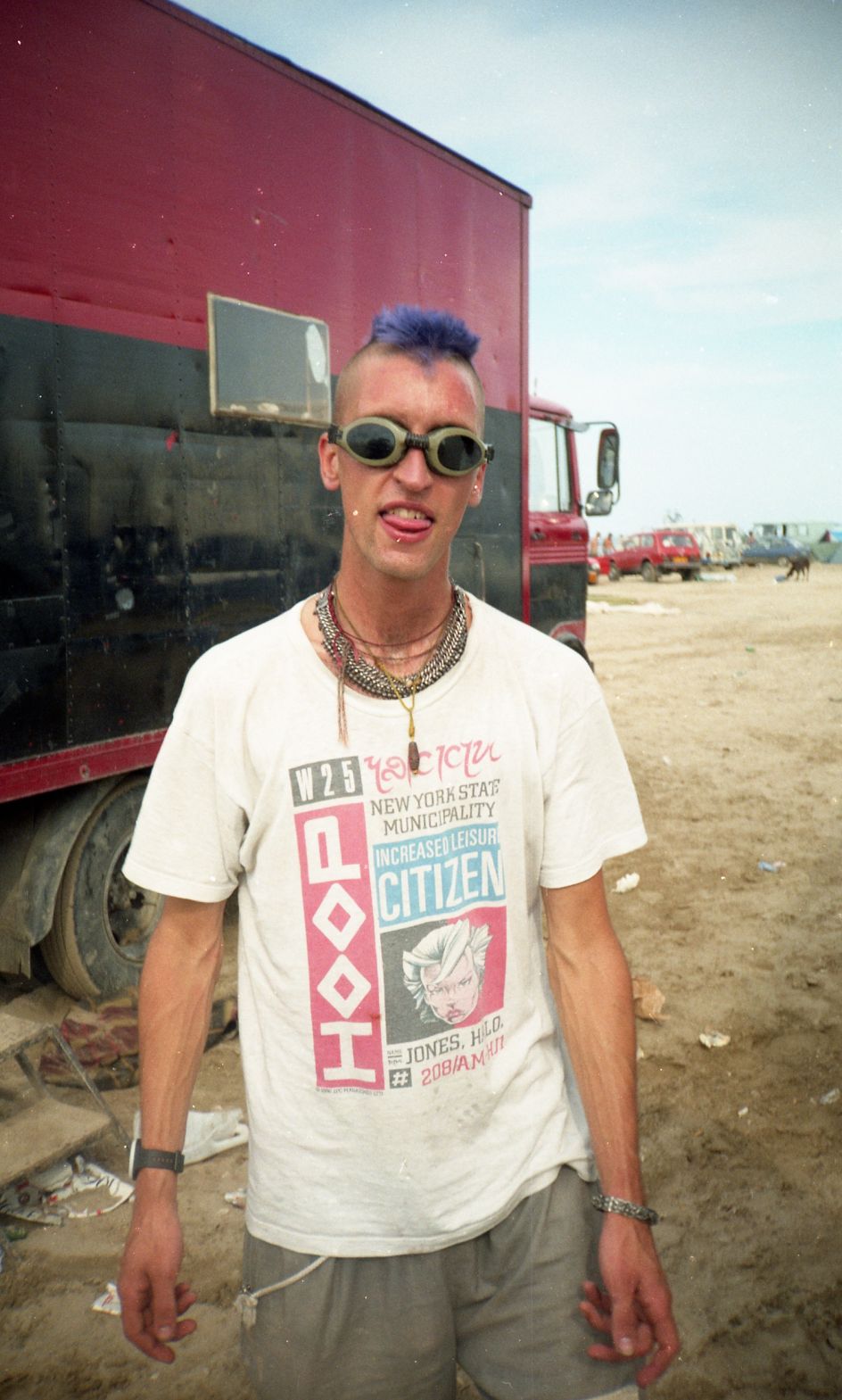
Cosmo, Narbonne ‘Beachnival’, France 2000 © Seana Gavin
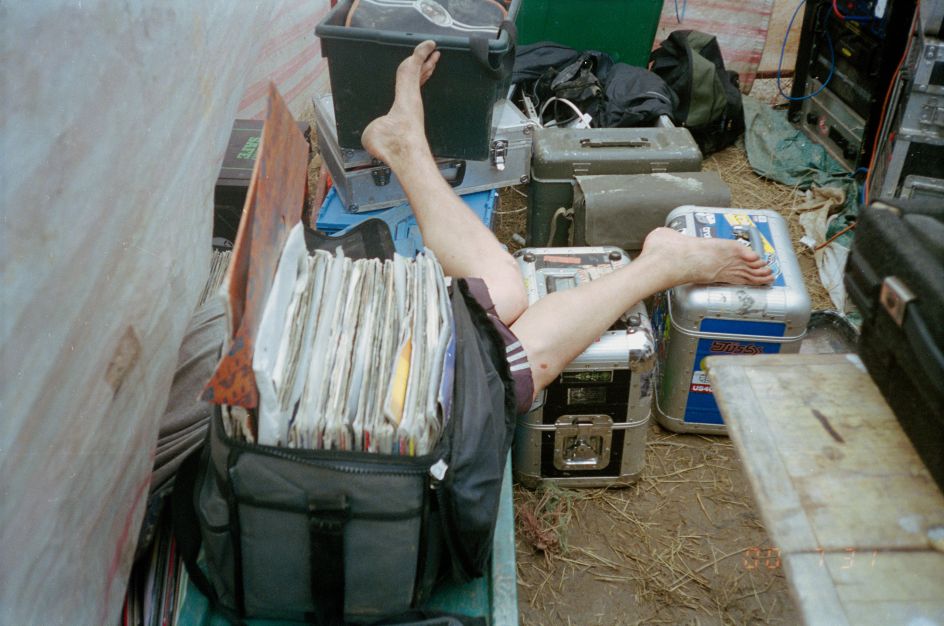
Legs, Hekate sound system, Czech Tek 1999 © Seana Gavin
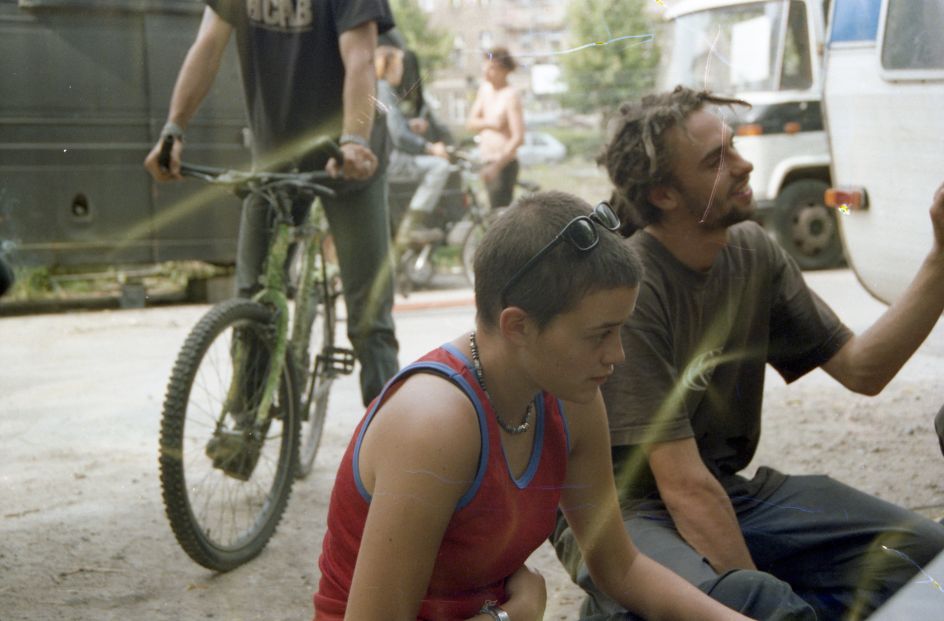
Seana, Mariannenplatz site, Berlin 1996 © Seana Gavin
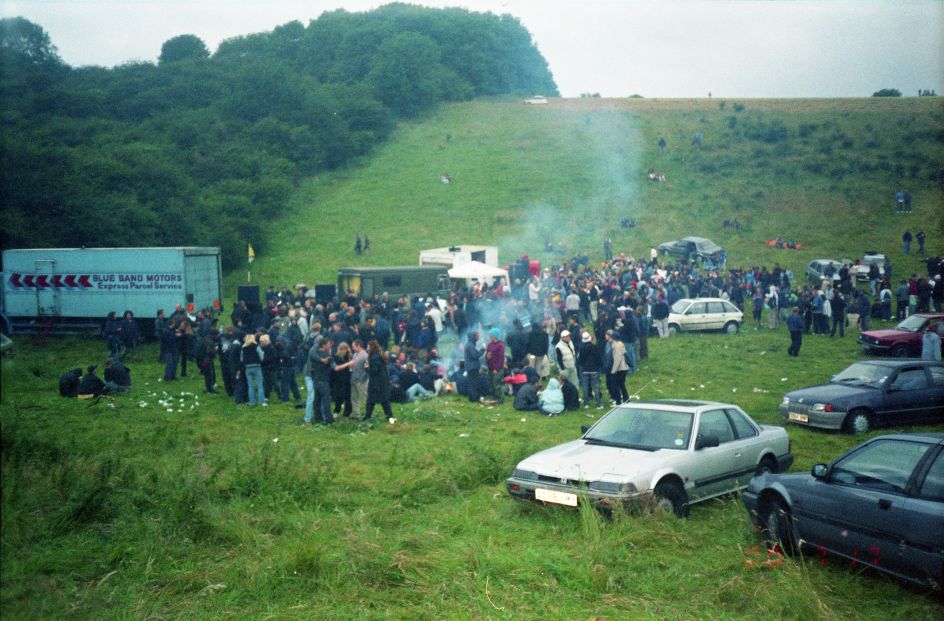
Party in a quarry, near Brighton 2000 © Seana Gavin
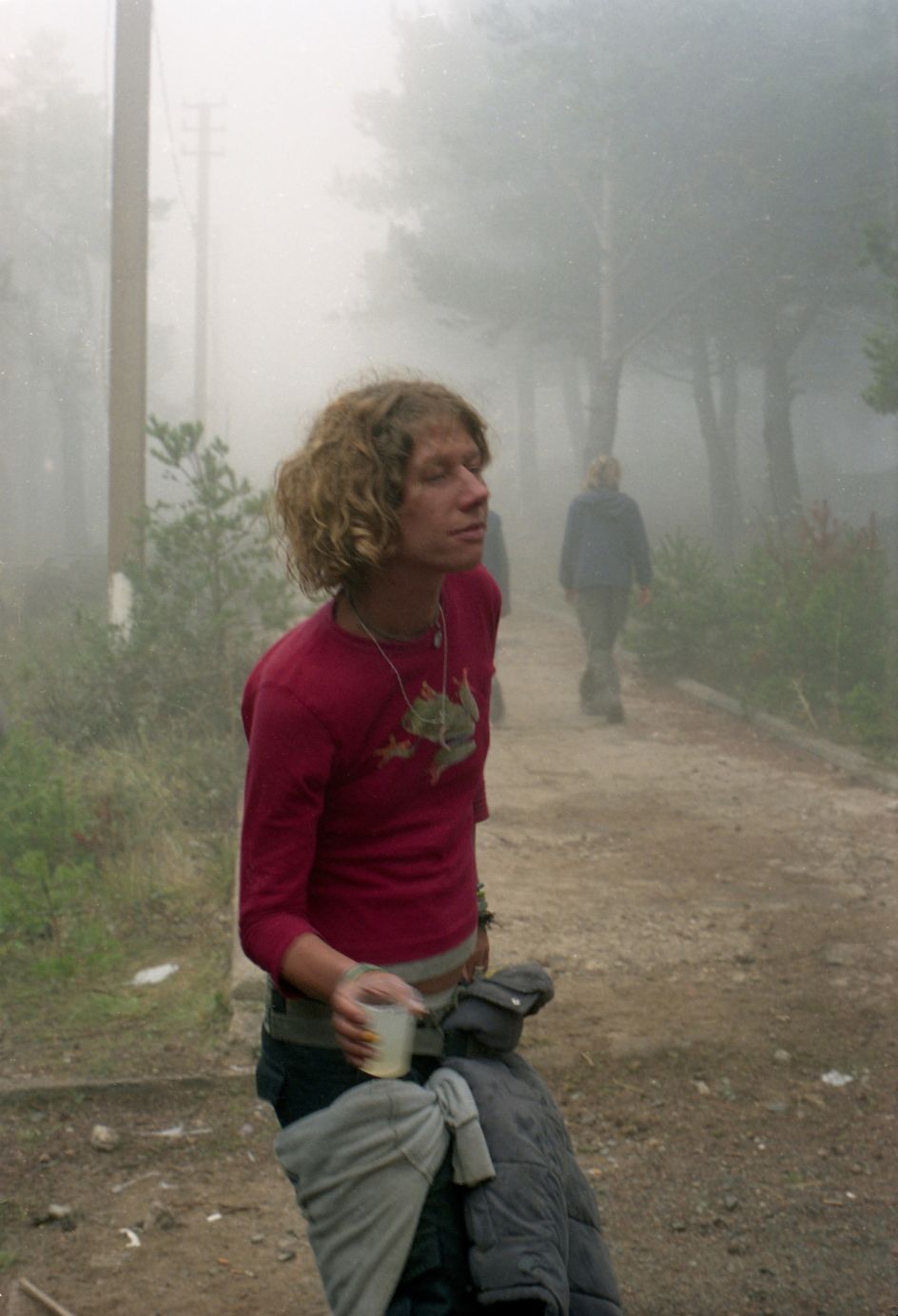
Sacha dancing in the mist, Teknival near Barcelona 2003 © Seana Gavin
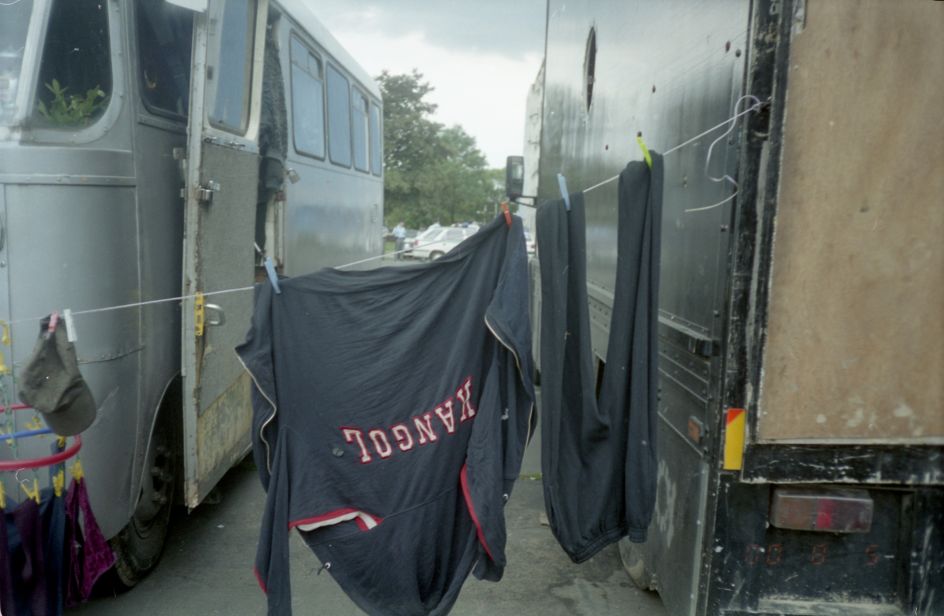
Clothes line, site, Prague carpark, 1999 © Seana Gavin
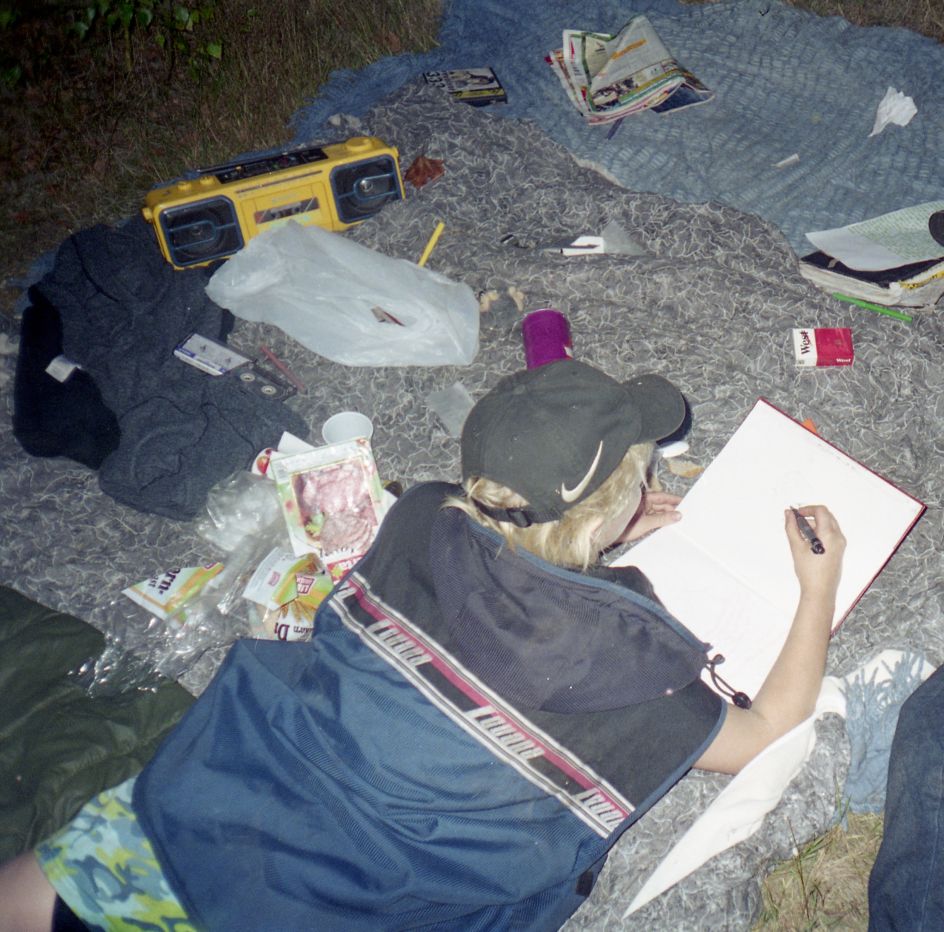
Picnic break from A to B, Germany 2000 © Seana Gavin
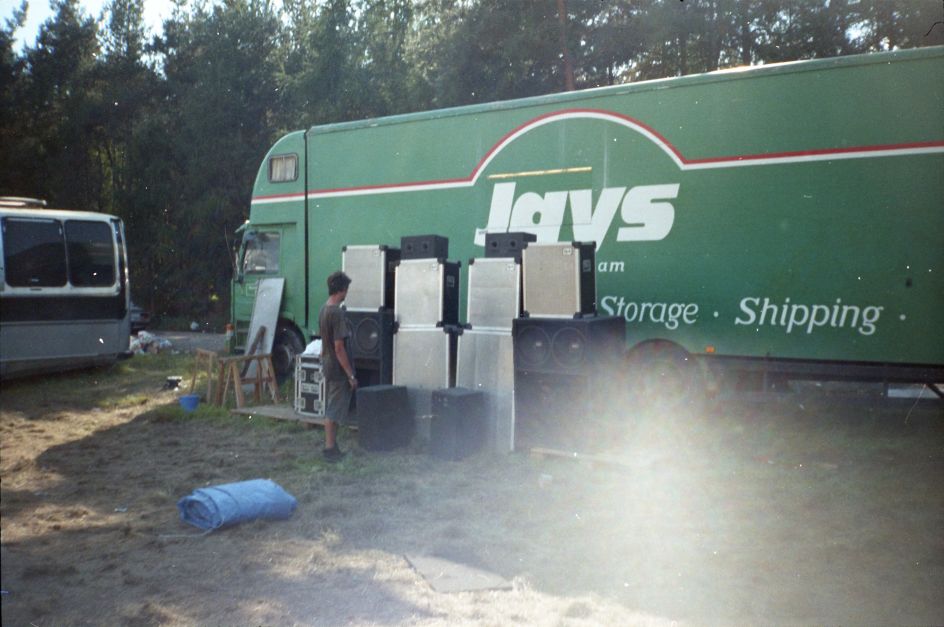
Sound system, Czech Tek 1998 © Seana Gavin
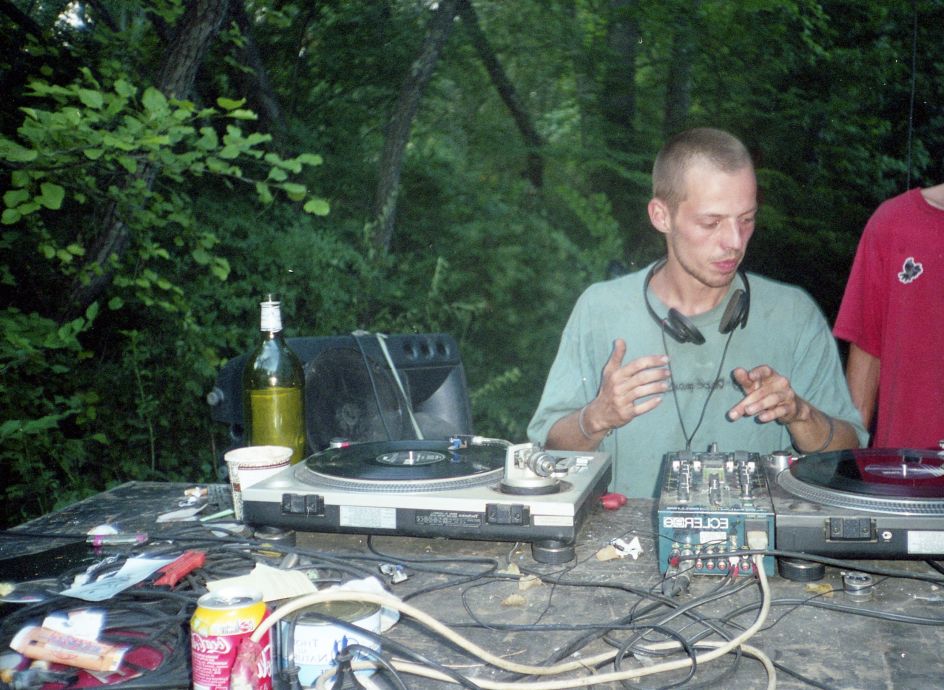
Tomahawk party, France 1999 © Seana Gavin
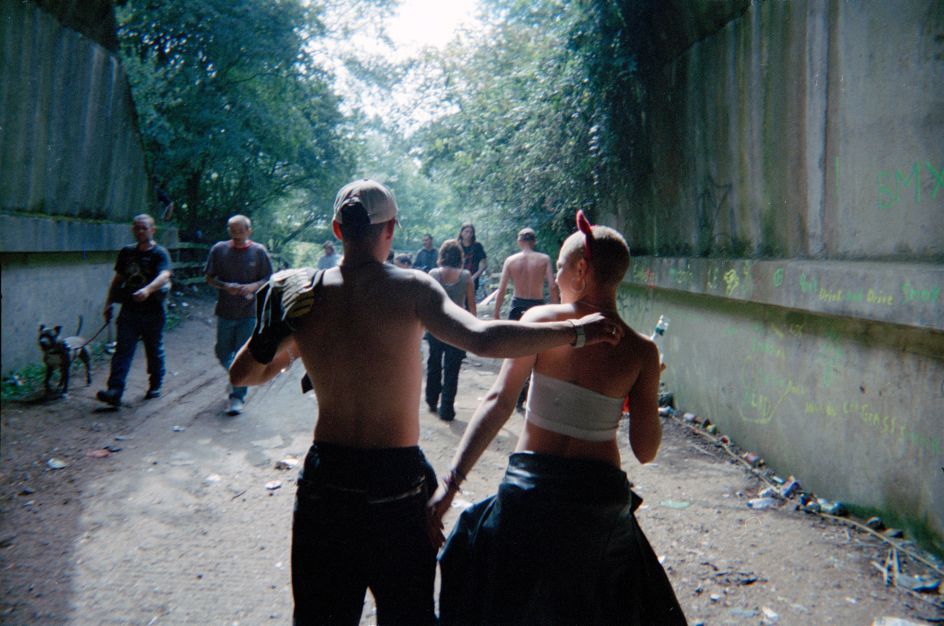
Ben and Nina, Exodus rave, UK 1999 © Seana Gavin




 by Tüpokompanii](https://www.creativeboom.com/upload/articles/58/58684538770fb5b428dc1882f7a732f153500153_732.jpg)


 using <a href="https://www.ohnotype.co/fonts/obviously" target="_blank">Obviously</a> by Oh No Type Co., Art Director, Brand & Creative—Spotify](https://www.creativeboom.com/upload/articles/6e/6ed31eddc26fa563f213fc76d6993dab9231ffe4_732.jpg)








